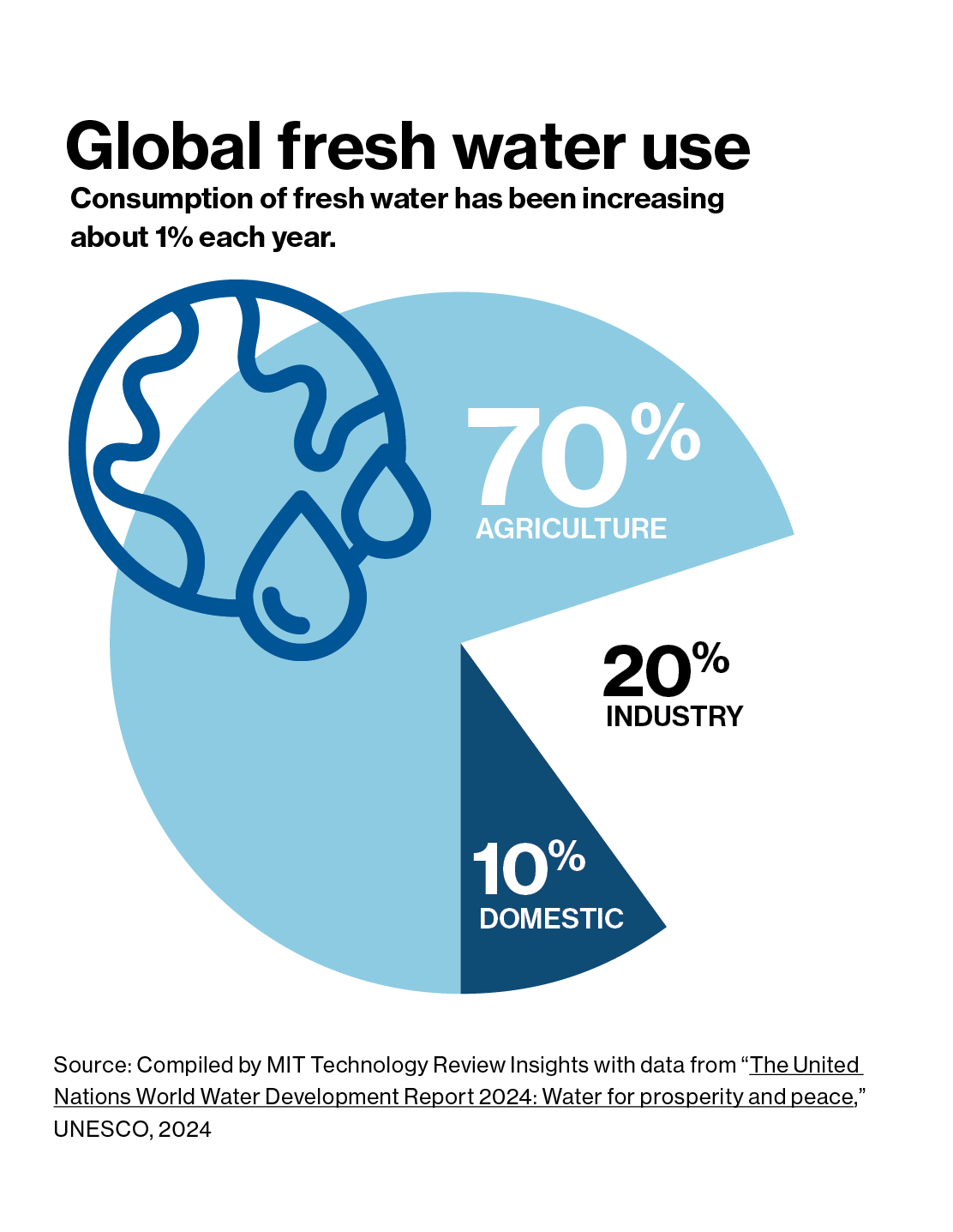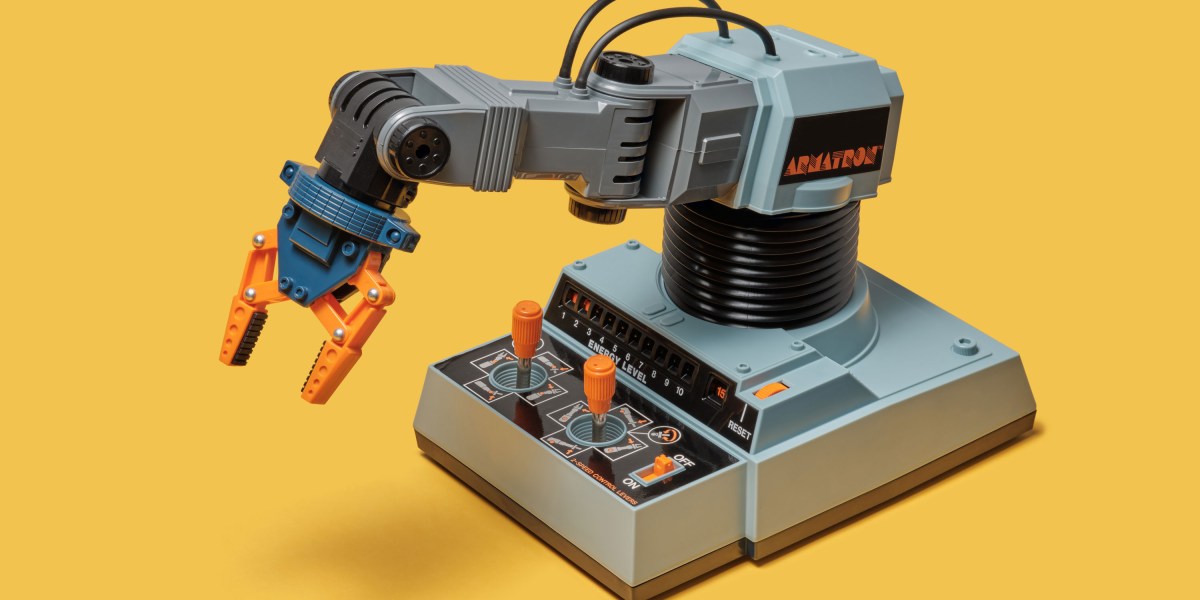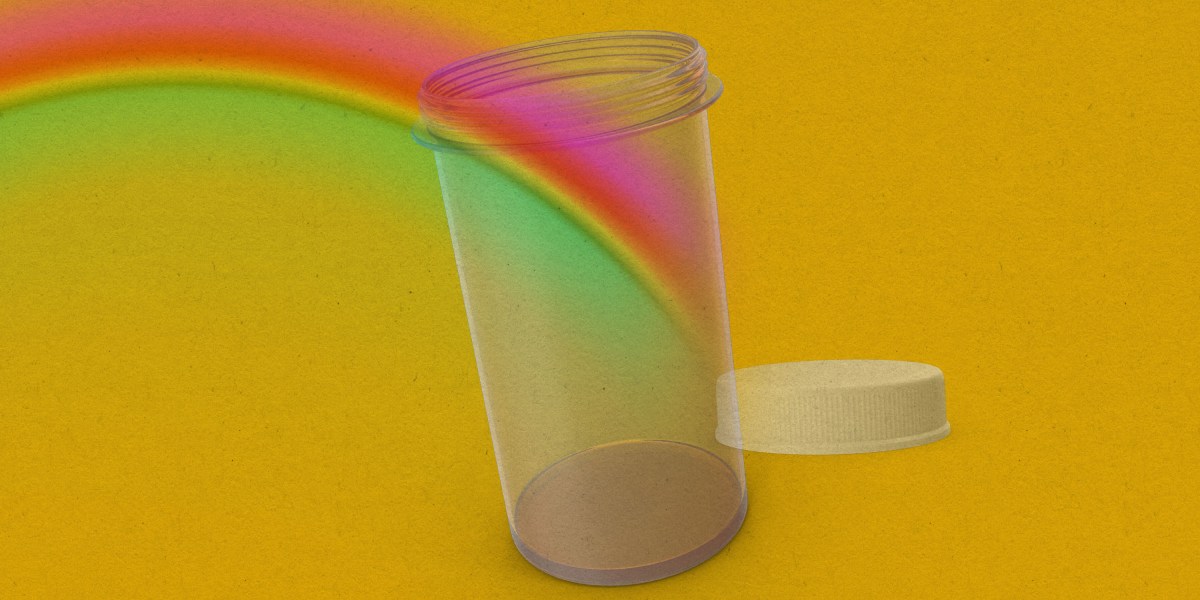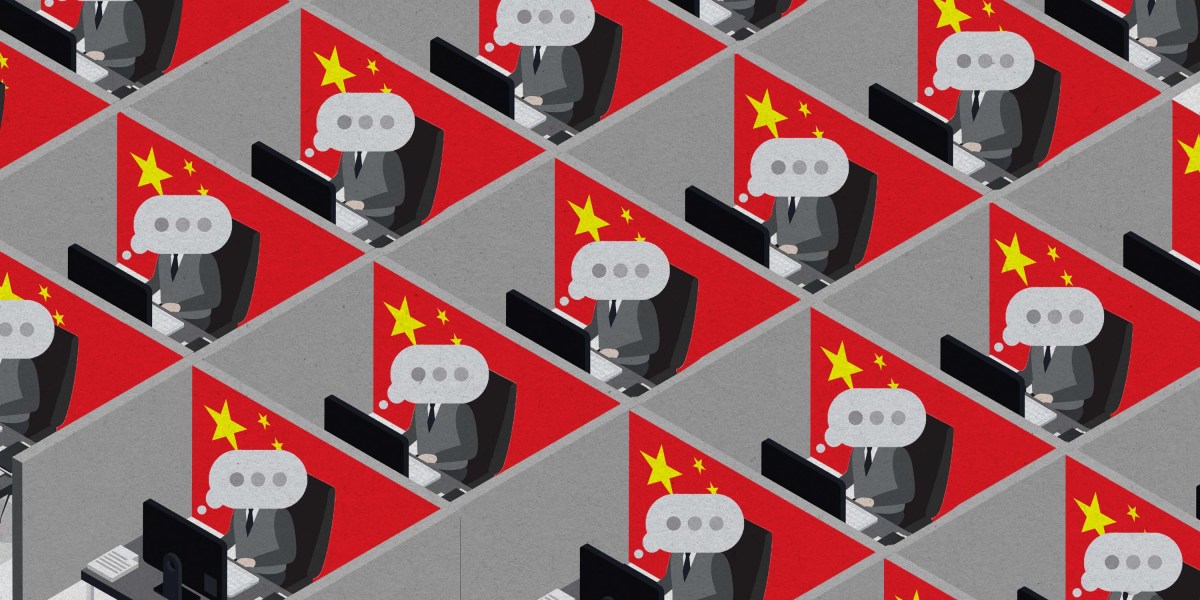Financial improvements, notably AI and electrical cars, are also rising industrial need for drinking water. “When you look at sophisticated manufacturing and the way technology is changing, we’re demanding much more, higher volumes of ultrapure water [UPW]. This is a massive driver of the industrial drinking water market place,” Simm suggests. AI, computing, and the electric car industries all deliver enormous quantities of warmth and need complex cooling and cleansing. Producing silicon wafers for semiconductor creation entails intricate cleaning processes, necessitating up to 5 million gallons of superior-high-quality UPW everyday. With climbing desire for semiconductors, improvements in drinking water cure and reuse are critical to avert squander.
Data-driven industrial h2o management technologies are revolutionizing how enterprises tactic conservation and sustainability. They are harnessing the electrical power of electronic innovation by layering sensors, info, and cloud-based platforms to optimize bodily h2o systems and allow industrial and human users to share water obtain. Integration of AI, equipment studying (ML), knowledge analytics, web of issues (IoT) and sensors, digital twins, and social media can permit not just rapid details analysis, but also can make it possible for makers to minutely measure h2o high-quality, make predictions working with desire forecasting, and meet sustainability objectives.
A lot more integrated industrial h2o administration solutions, together with reuse, industrial symbiosis, and zero liquid discharge (ZLD), will all be important as greenfield industrial tasks glance toward h2o reuse. “Water is an input commodity for the industrial method, and wastewater gives you the possibility to recycle that product again into the system,” says Simm.
Managing a valuable useful resource
Water filtration techniques have advanced for the duration of the past century, specially in agriculture and sector. Procedures these types of as low-force membrane filtration and reverse osmosis are boosting drinking water accessibility for equally human and industrial customers. Membrane systems, which keep on to evolve, have halved the charge of desalinated h2o during the past ten years, for example. New desalinization solutions run on eco-friendly electric power and are substantially escalating water output prices.

Advancements in AI, info processing, and cloud computing could bring a new chapter in water obtain. The automation this permits permits for more rapidly and extra precise selection-earning. Automatic, preset parameters let services function at potential with less risk. “Digital know-how and knowledge play a vital role in acquiring technological innovation for water improvements, enabling better administration of methods, optimizing treatment method procedures, and enhancing performance in distribution,” states Vincent Puisor, world-wide business enterprise growth director at Schneider Electric powered.
Down load the total report.
This written content was generated by Insights, the tailor made content material arm of MIT Know-how Critique. It was not written by MIT Technology Review’s editorial personnel.




